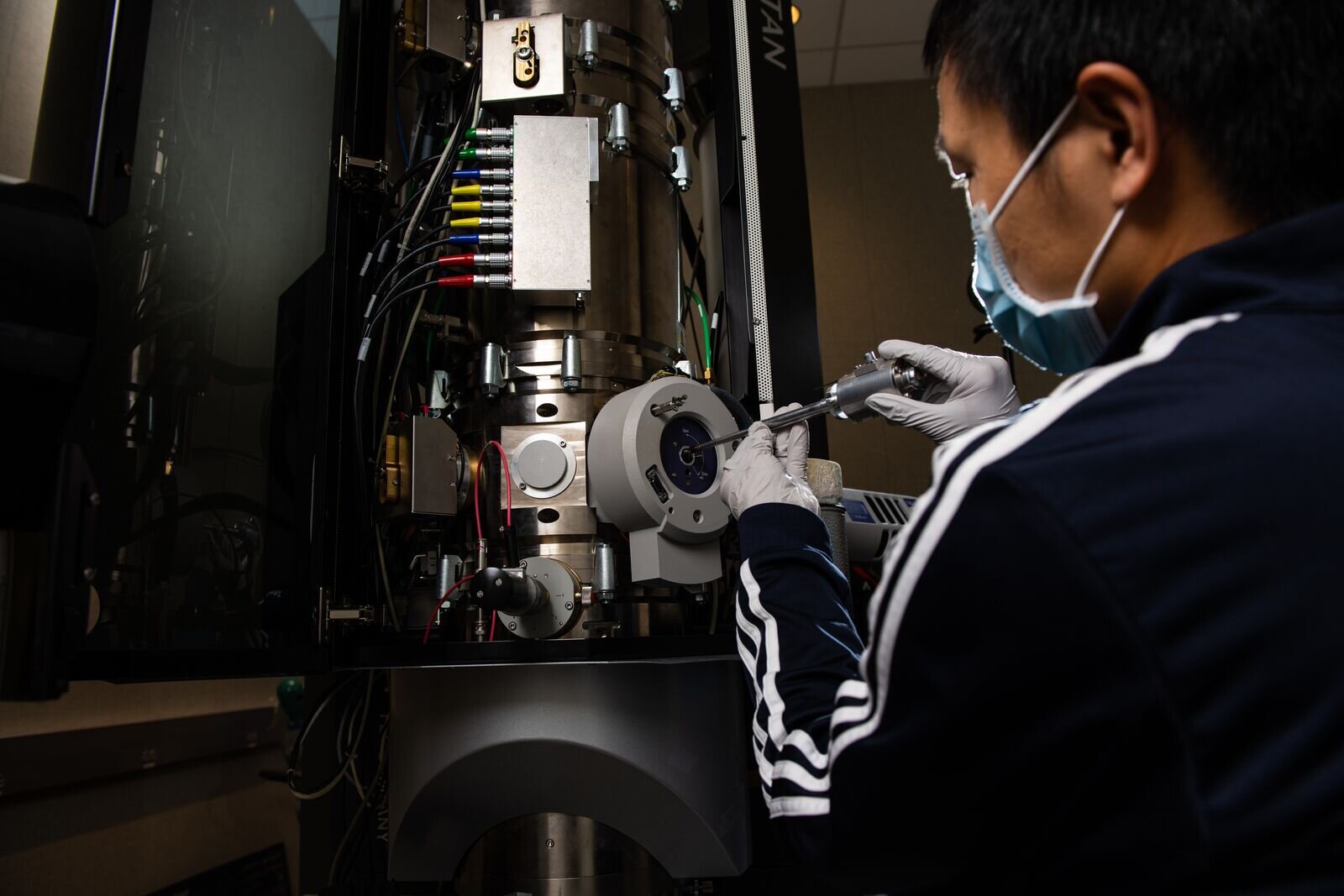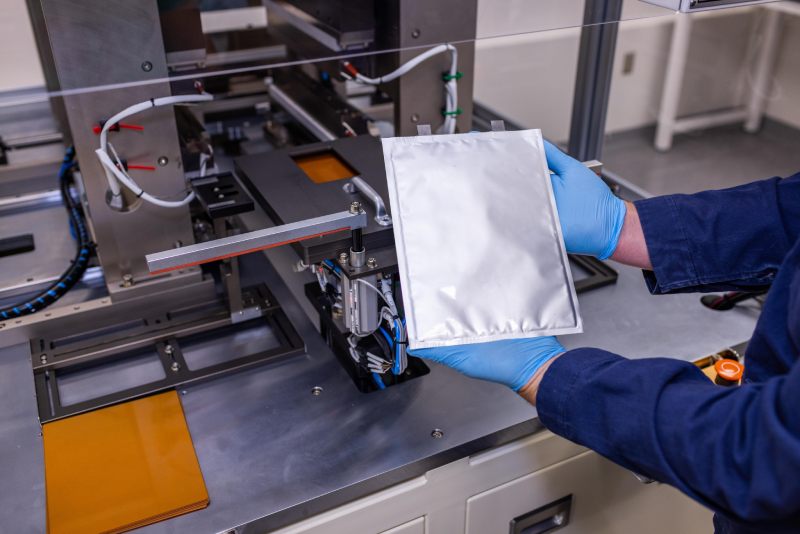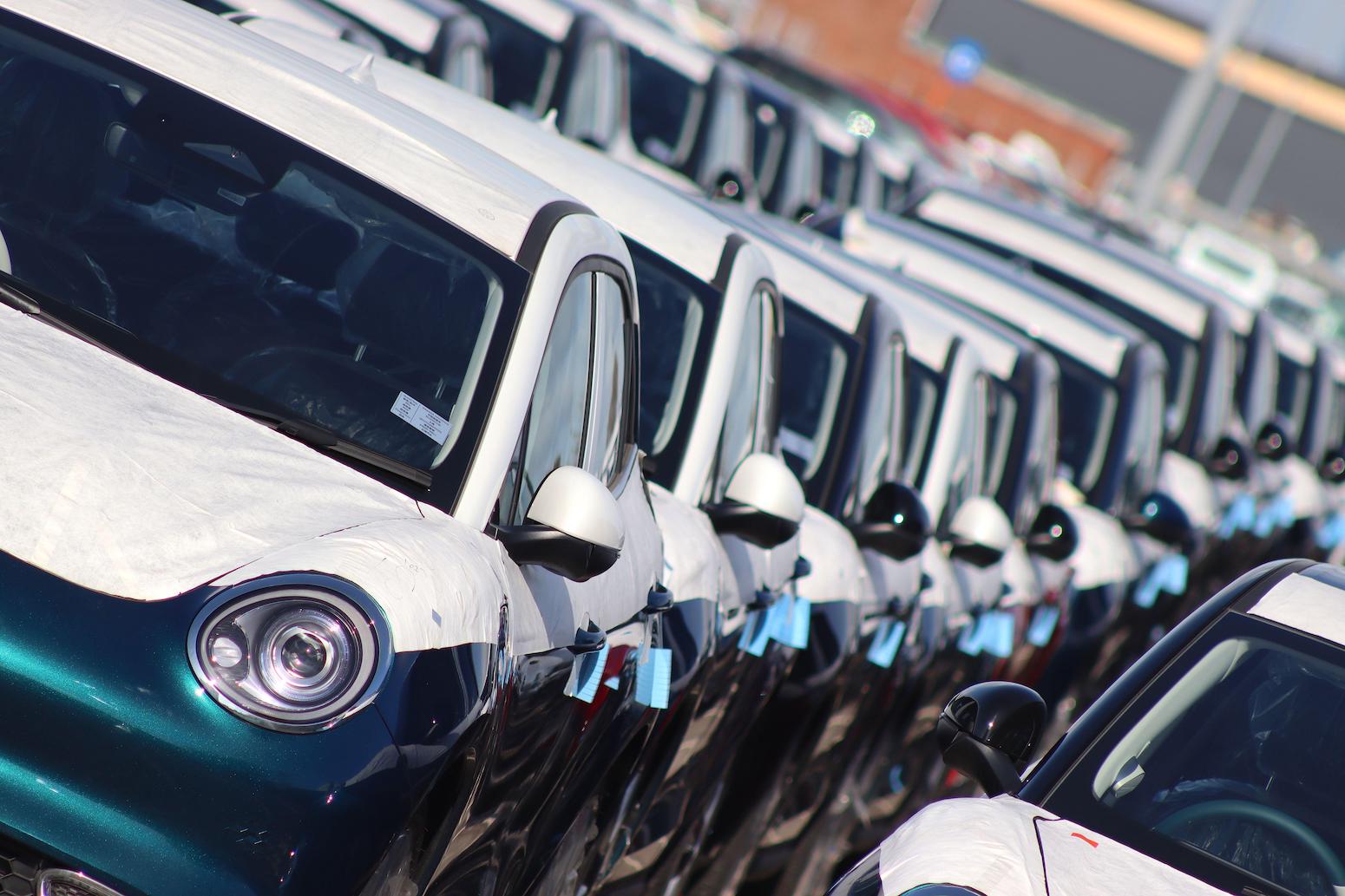Well, the chit seems to be hitting the proverbial fan with Ford and GM....
Ford first:
Ford has decided to postpone the scale up of their current EV offerings (Mach-E and F-150 Lightning) citing poor sales. Sales are still up year on year, but not as much as planned. Ford says 'the consumer is no longer willing to pay a premium for EVs'.
Yup, just that enigmatic consumer preference...who could've predicted it, right? I'm sure it has nothing to do with 5 consecutive price hikes on the Lightning (followed by a huge cancellation of pre-orders), or the fact that the Mach-E is more expensive than the Tesla Y and the Kia/Hyundai offerings, despite being clearly older tech.
So, it seems that Ford projected exponential EV growth at a premium price point, and didn't sweat their high costs of production. Then when those sales didn't materialize (for Ford), they could either cut prices (and increase their losses per unit and overall), or they could cut production and keep prices high (and only lose their Rand D and capital investment). Cash poor, Ford took the second approach.
Ford says they remain committed to rapid development and scale up of their 'second generation EVs'... the replacements to the current offerings. Anyone want to guess where those products will rate relative to the competition when they eventually arrive? And will the costs be low enough to make a profit 2 years from now, when EVs will likely be cheaper than ICE MSRP?
GM is arguably WORSE.
GM has been advertizing their Ultium platform for several years now (including on the Superb Owl and World Series), but shipped TINY numbers of them in Hummers and Cadillacs. NONE of the trucks, CUVs or hatches based on Ultium have shipped to consumers yet, despite promises to do that long ago. Silverados have gone to fleet owners in 'beta test' numbers.
The problem is likely the same as Ford, but GM has better sales price forecasting. They might already know that their offerings, while likely better than Fords, and perhaps cheaper to build, will still struggle to make a profit. They might sell their 'first gen' Ultium EVs at a small scale and a significant loss per vehicle to get some production experience and real world data (the way they treated the Bolt for 5 years).
They also cancelled the Bolt, despite strong sales over 100k units/yr. Obv bc they didn't want the Bolt with LG batteries to compete with their Ultium vehicles. Classic back office thinking to shut down a popular and semi-scaled product. They got skewered for being dumdums on that, and quickly backtracked, vaguely promising a new Ultium Bolt at an unspecified future date.
The interesting news now is that GM says the new Ultium Bolt will have LFP cells (or cell materials?) made by an asian contractor! This is the first time GM has mentioned the possibility that Ultium 'packaging' could contain cells not made by GM. Very interesting.
------------------------
My analysis: The battery business is really rough. New formulations and chemistries and production methods are being rapidly innovated by startup and tech type companies used to a rapid innovation, production and scale cycle. The legacy makers can pick a tech and build a battery factory, but by the time they get it off the ground, the batteries they make are not that great, and are too expensive compared to rivals. And since the battery is then major cost driver of the whole EV at scale, this means that the legacy EV competitiveness is crippled from day 1.
Even Tesla, that builds its own batteries for US and some EU vehicles, buys its cells from asian battery maker CTL for its asian markets, where price competition is extreme. Get a quote, order a million batteries, let CTL worry about clearing a profit on the cells, and whether the factory is obsolete two years from now.
The same thing happened to Nissan 10 years ago... they built their own batteries for the LEAF, and big expensive factories, and then realized that other companies cells were way better and cheaper than Nissan cells ever would be.
So the 'vision' of the post-IRA US EV space... that legacy makers will just build giant battery factories that make compelling cheap EVs 100% in the US, is running into a wall. They may well be better off buying cells from Asia, and forgoing half the tax rebate on their vehicles, as buying top notch cells may well be much cheaper than the $3250 lost rebate.
Tesla will stick to making its own cells here, probably, because the US sandbox is much less competitive (no Chinese EVs for sale here), and they are well ahead of Ford and GM on how to make cells pretty cheaply themselves.
---------------------------
This is a classic story of incumbent company failure. The incumbents have huge resources and tech know how, but can't innovate and scale at the same time fast enough to survive competition from better managed non-incumbent start-ups. We are seeing just that when we see piles of Ford EVs on dealer lots at absurd prices, and fleets of 'vapor EVs' from GM being sold on TV and in press releases.

 techxplore.com
techxplore.com





 How can you sell EV when your buyers don’t know if they will be able to get to or home from their destination. Tesla had a coast to coast charging network a decade ago!!
How can you sell EV when your buyers don’t know if they will be able to get to or home from their destination. Tesla had a coast to coast charging network a decade ago!!


